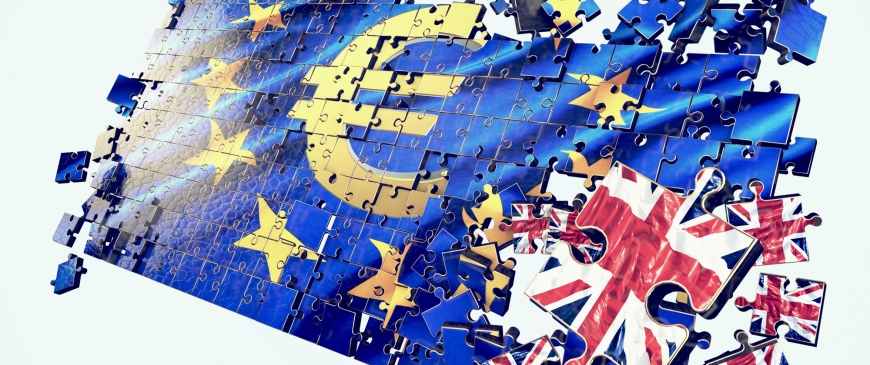
UK 'would not be freer' after leaving EU
The tussle between David Cameron, UK prime minister, and his allies over the leadership of the European Commission has triggered new questions over Britain’s future in the EU – with President Barack Obama warning last week against a UK exit.
The complex choices that would surround any divorce will be set forth this month by a commission set up by the Centre for European Reform. For British proponents of an exit from Europe, the report will make unwelcome reading.
Not only does the 92-page analysis argue that EU membership has been a “boon” for the UK economy, lifting its goods trade with other members by 55 per cent, generating increased inward investment and boosting the City of London, but it finds that many of the purported benefits of leaving are “illusory”.
Even within the rule-bound EU, Britain has managed to preserve the second most lightly regulated product market in the developed world, as well as levels of employment protection that are only marginally more restrictive than in the US or Canada – and well below those in France or Spain.
Some of the most controversial EU rules – such as the working time directive – have had only a “marginal” effect on the labour market, according to its analysis, while in other areas, notably financial regulation, Britain has voluntarily gone further than EU minimum standards.
“A bonfire of European rules would not transform Britain’s economic prospects,” according to the report. “The idea that the UK would be freer outside the EU is based on a series of misconceptions”.
The CER, a think-tank that aims to make the EU more open and effective, drew on the contributions of 22 commissioners for its report. They included Sir Nigel Wicks, chairman of the British Bankers’ Association, Lord Monks, former general secretary of the Trades Union Congress, Sir Richard Lambert, a former CBI chief and FT editor, and Lord Mandelson, the Labour peer and former EU commissioner.
In Britain, although some polls have tilted in favour of continued EU membership, the eurosceptic UK Independence party nearly doubled its seats in the EU parliamentary elections.
Matthew Elliott, CEO of Businesses for Britain, a lobby group seeking renegotiation of the UK’s pact with the EU, said that “unwavering deference” to the idea that Britain must stay in the union was making it harder to secure a better arrangement. “The constant assumption that Brexit would be doom and apocalypse is ignoring the opportunity that we have to negotiate a radically more competitive deal,” he said. However, the CER report highlights what it calls an “invidious choice” facing the negotiators of any split with Europe.
If Britain seeks to benefit from the single market from outside the EU it will have to play by many of the rules it is seeking to escape – while having less influence over them. The flipside would be freedom from those rules, with loss of access to the single market.
If Britain does leave, its options would include a Swiss-style deal based on bilateral agreements with the EU; a customs union of the kind Turkey has with the EU; or, like Norway, membership of the European Economic Area.
However, the UK would still have to comply with the club’s rule book without having power to influence it. And it could find itself continuing to pay into the EU budget; a Norwegian-style deal would lower net contributions by only 9 per cent, while a Swiss arrangement would cut contributions by 55 per cent.
The paper concludes that the only option that would make sense would be for Britain to go for as deep a free-trade agreement as possible with the EU and sign as many bilateral trade agreements with non-EU partners as can be secured.
However, an FTA would still not leave Britain with complete regulatory freedom, as the EU would make demands on labour market rules, health and safety and competition policy, as well as product standards. Including Britain’s services sector in any FTA would be difficult, given the UK’s large trade surplus in services with the rest of the EU.
